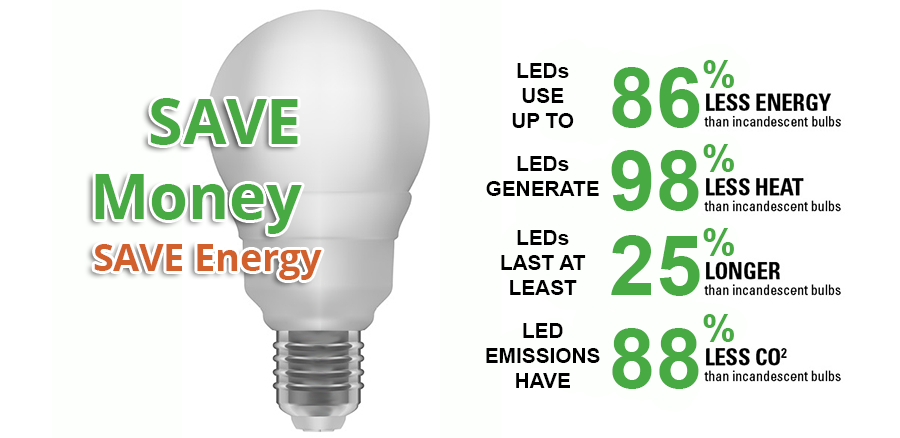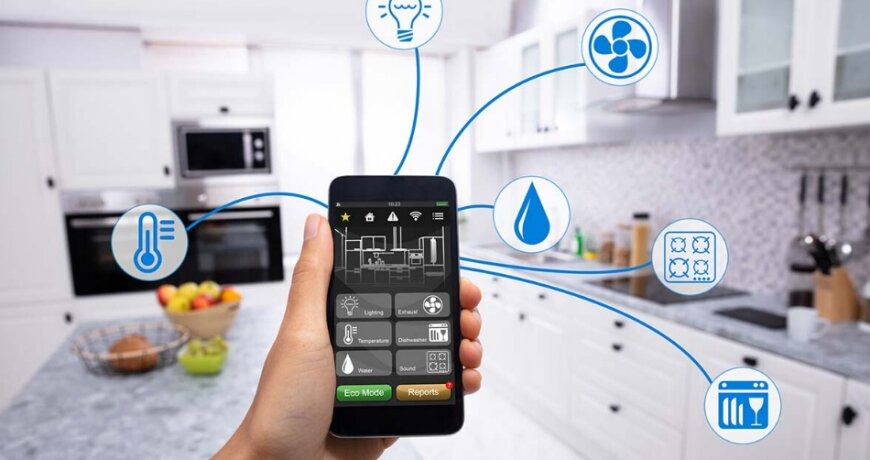Tuesday, 24/02/2026 | 19:45 GMT+7
A basic habit to develop and foster is to make sure that you always turn off the lights when leaving a room. Make a reminder to do so until you get into a habit of doing so subconsciously. You can save a good chunk of your monthly electricity costs by doing something as simple as this regularly.

Dryers and refrigerators are two of the most energy-intensive appliances in a home and replacing these with better efficient models can cut the electricity usage by half, thereby reducing your electricity bills. Installing an air source heat pump in the UK is another idea to reduce electricity consumption. In general, maintaining and replacing appliances every few years will make them have less burden on your electricity usage. You only need to consider the heat pump costs.
Needless to say how important it is to unplug devices when not in use. Do not leave devices on standby but rather unplug them and save your electricity bill, and the planet. Even when not in use, devices like TVs, computers, and chargers consume standby power, known as "vampire energy." Unplugging these devices when not in use can save up to £80 (£108) per year on your electricity bill.
Some easy fixes to reduce your water consumption could be taking quick showers, using just the required amount of water while cooking and turning off running taps when unused even for seconds.
Aim to keep your thermostat at a lower temperature around 17 degrees, this can make a big difference and save your energy costs. Each degree of adjustment can save around 3% on your heating and cooling cost. This means that, lowering your thermostat by just 1°C during winter and raising it by 1°C during summer can save up to £80 per year on heating and cooling cost. Using a programmable smart thermostat is even better.

Smart automated devices can lower your energy bills even when you forget to. Smart automation systems will detect when you’re no longer using a device and turn off the power supply. Programmable thermostats automatically adjust temperatures based on your schedule, ensuring efficient heating and cooling when needed, saving up to £150 annually.
Double glazing doors and windows are a perfect solution for a modern home as they can significantly reduce the emissions of greenhouse gases from heating and cooling thereby reducing your carbon footprint and also lowering your energy bills.
This is a super simple hack in everyday life to save energy consumption, by cooking with the lid you are making sure to lessen the cooking time and water usage significantly.
A smart meter is a great way to see how much power you’re consuming, this will help you keep a track of your consumption in real-time, and where you can reduce it.
Wash clothes at a cooler temperature and with a full load, you will be saving a lot of water and electricity.
.jpg)
These days you can find a solar-powered version of almost any electronic you use in your home. Making small shifts and using more solar-powered electronics can go a long way and can also lower your maintenance and replacement costs of such electronics.
Drafts from windows, doors, and other openings can cause your heating and cooling systems to work harder, increasing energy consumption. Sealing these air leaks with caulk or weatherstripping can improve energy efficiency, reduce your bills and save up to £100 annually.
Proper insulation in walls, attics, and crawl spaces can reduce heating and cooling costs by up to 30%, resulting in significant savings on energy bills. Also, insulating water heaters can reduce heat loss and save up to £40 per year on energy costs.
Hiring a professional to conduct an energy audit can identify areas of energy waste and provide recommendations for improving efficiency, potentially saving hundreds of pounds on energy bills.








 Consultation on the methodology for developing and updating energy consumption standards for four major industrial sectors
Consultation on the methodology for developing and updating energy consumption standards for four major industrial sectors
 Opening of the 2025 Energy-Efficient Equipment and Green Transition Exhibition Fair
Opening of the 2025 Energy-Efficient Equipment and Green Transition Exhibition Fair
 Energy-saving solutions and green transition promotion
Energy-saving solutions and green transition promotion
 The 9th VEPG Steering Committee Meeting: Strengthening Coordination for Viet Nam’s Just Energy Transition
The 9th VEPG Steering Committee Meeting: Strengthening Coordination for Viet Nam’s Just Energy Transition